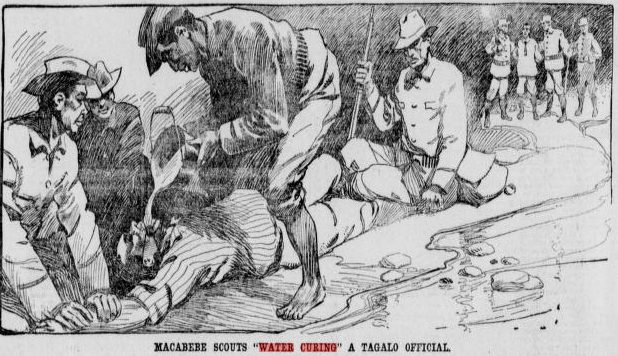Missed these yesterday: Groucho Marx and Graham Greene share Gandhi's birthday, October 2.
Ron suggested in comments back on Eliot's birthday that Graham Greene is another excellent candidate for "Torment the Mustard Seed." An excellent suggestion.
The Power and the Glory, Greene's tale of a "whiskey priest" and the broken faith of a broken man, is one of the great Christian novels of the 20th century. Yet, sadly, I'm sure they've never heard of it at your local "Christian Book Store." Sigh.
My favorite of Greene's religious novels is Monsignor Quixote — which is, inexplicably, out of print. Set in Franco's Spain, the hapless hero is a descendent of Cervantes' hero:
Father Quixote had reason to be afraid of bishops; he was well aware of how much his own bishop, who regarded him in spite of his distinguished ancestry as little better than a peasant, disliked him. "How can he be descended from a fictional character?" he had demanded …
The End of the Affair is also a deeply religious story, but that one's way too Catholic for the folks at The Mustard Seed.
One more note from Greene — this from his screenplay for Our Man in Havana. The British agent Beatrice Severn (Maureen O'Hara) is talking with Capt. Segura (Ernie Kovacs), the cruel and corrupt, but honest, police chief.
BEATRICE: How did you make the engineer talk? Thumb screws?
SEGURA: The engineer does not belong to the torturable class.
BEATRICE: Are there class distinctions in torture?
SEGURA: Some people expect to be tortured. Others are outraged by it. One never tortures except by mutual agreement.
BEATRICE: Who agrees?
SEGURA: The poor. In your welfare states you have, eh, social securities, and therefore you have no poor. And consequently, you are untorturable.












